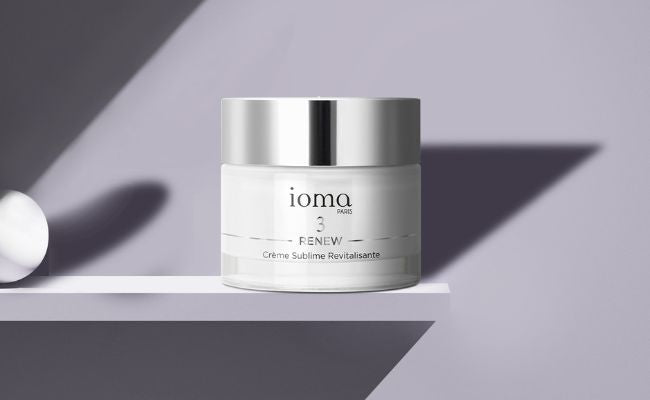IOMA MAG
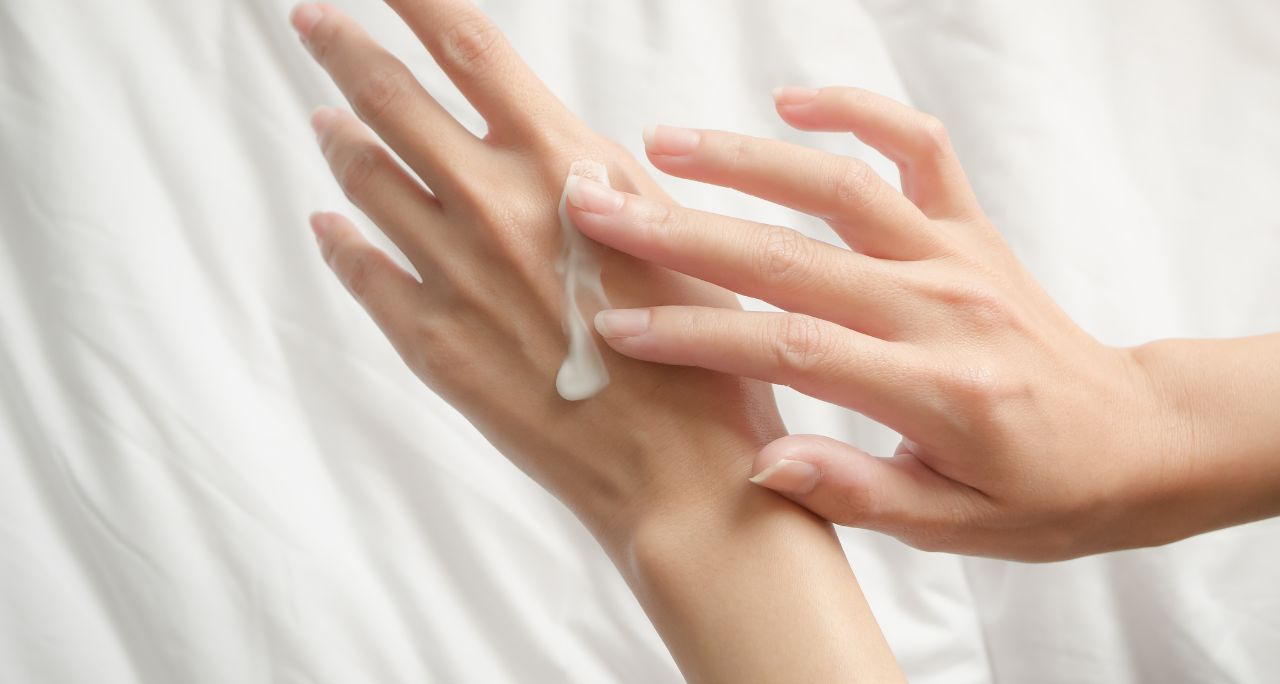
Pourquoi prendre soin de ses mains est aussi essentiel que du visage pour l’anti-âge
Le visage concentre souvent toute l’attention lorsqu’il est question d’anti-âge. Pourtant, une autre zone trahit très vite le passage du temps : les mains.
Read more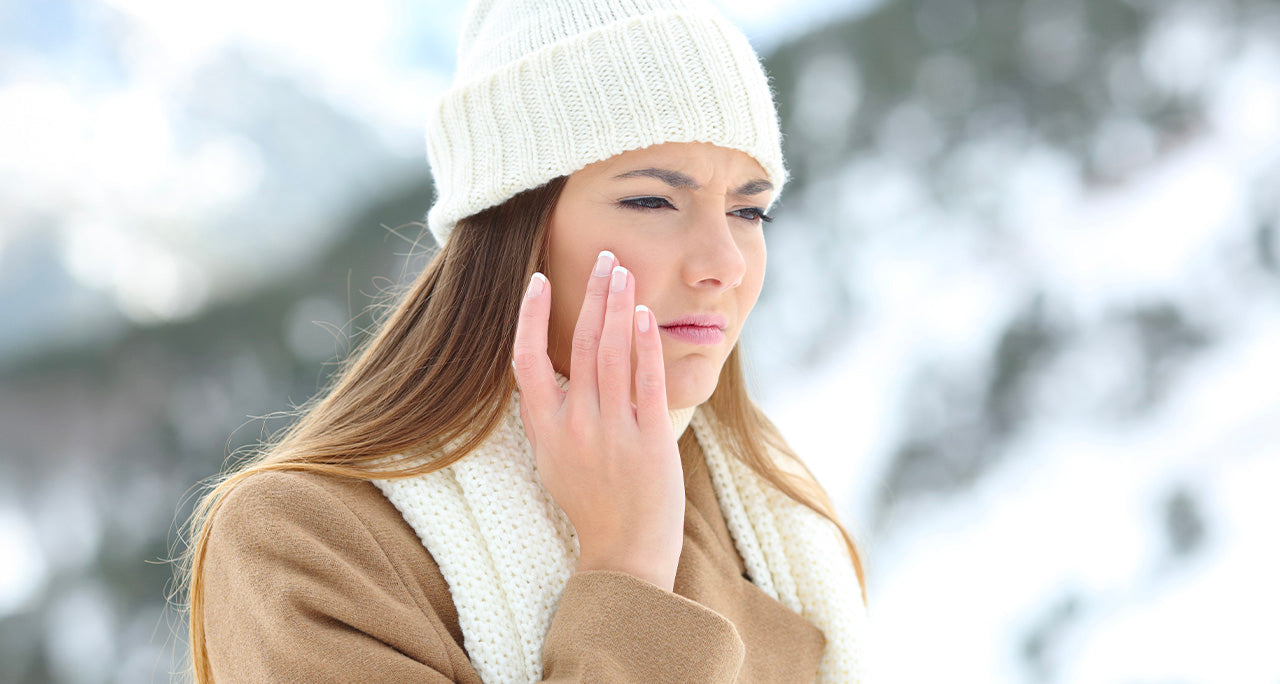
Peau qui tiraille : causes, inconfort et solutions pour retrouver le confort
Pourquoi la peau tiraille ? Découvrez les causes de l’inconfort cutané, l’impact du froid et de l’environnement, et les solutions pour restaurer hydratation et confort durablement.
Read more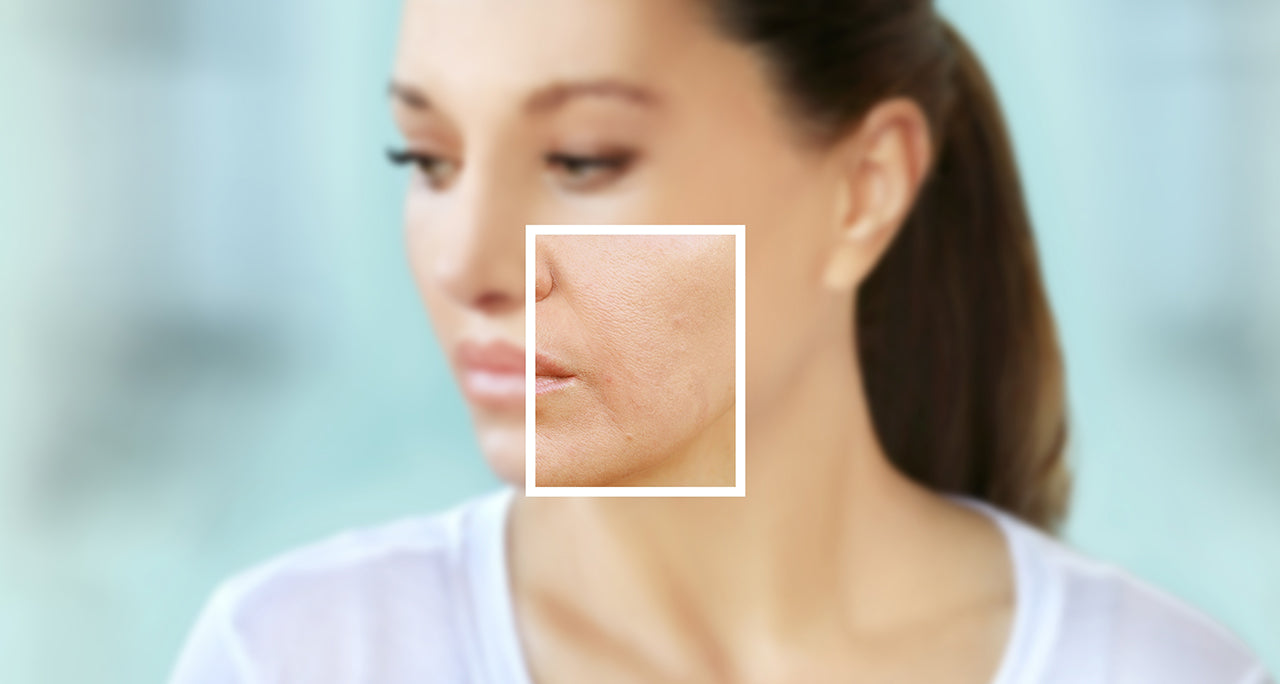
Vieillissement cutané : causes, signes et solutions pour préserver la jeunesse de la peau
Le vieillissement cutané est un phénomène naturel, inscrit dans le fonctionnement même de la peau. Mais s’il fait partie de la vie, sa vitesse et son intensité ne sont pas figées. Comprendre pourqu...
Read more
Comment la peau se régénère la nuit ?
On parle souvent du sommeil comme d’un “soin de beauté naturel”. Ce n’est pas une métaphore : pendant que nous dormons, la peau entre dans une phase de régénération. Loin d’être au repos, elle acti...
Read more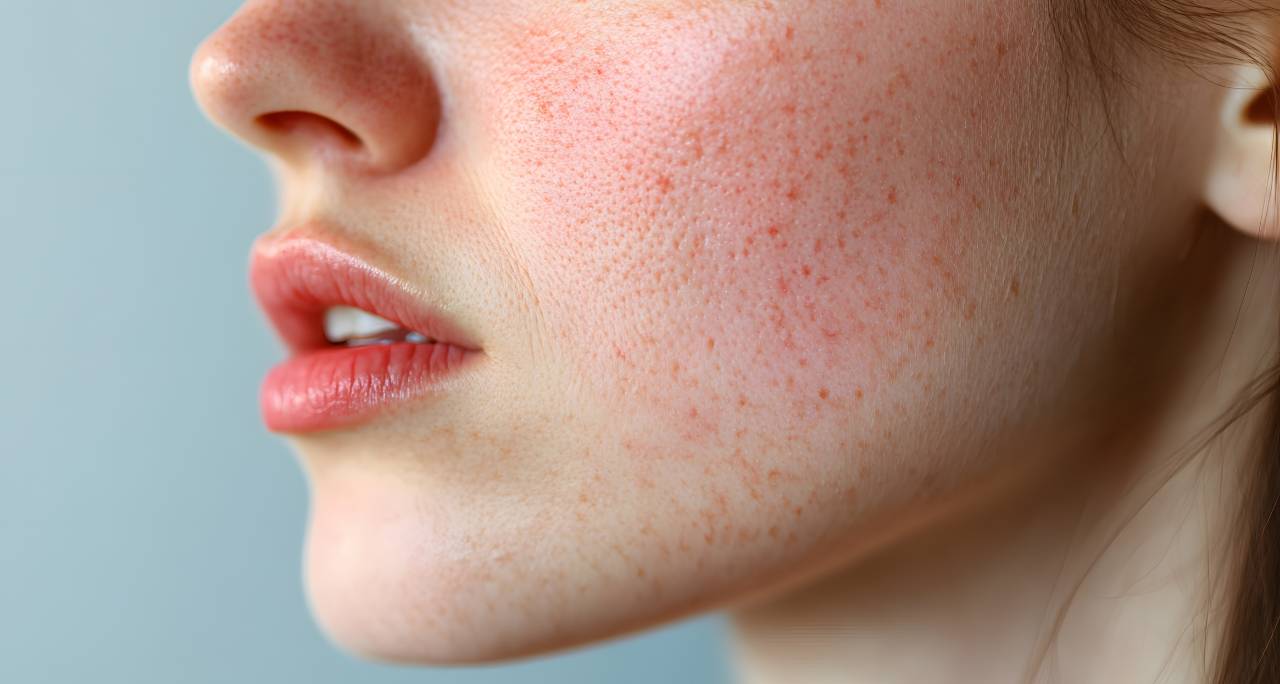
Facial redness: understanding its causes and preventing its appearance
Diffuse redness, localized patches, hot cheeks... facial redness affects many skin types, even those that aren't particularly sensitive. These skin reactions reflect an imbalance in the skin and h...
Read more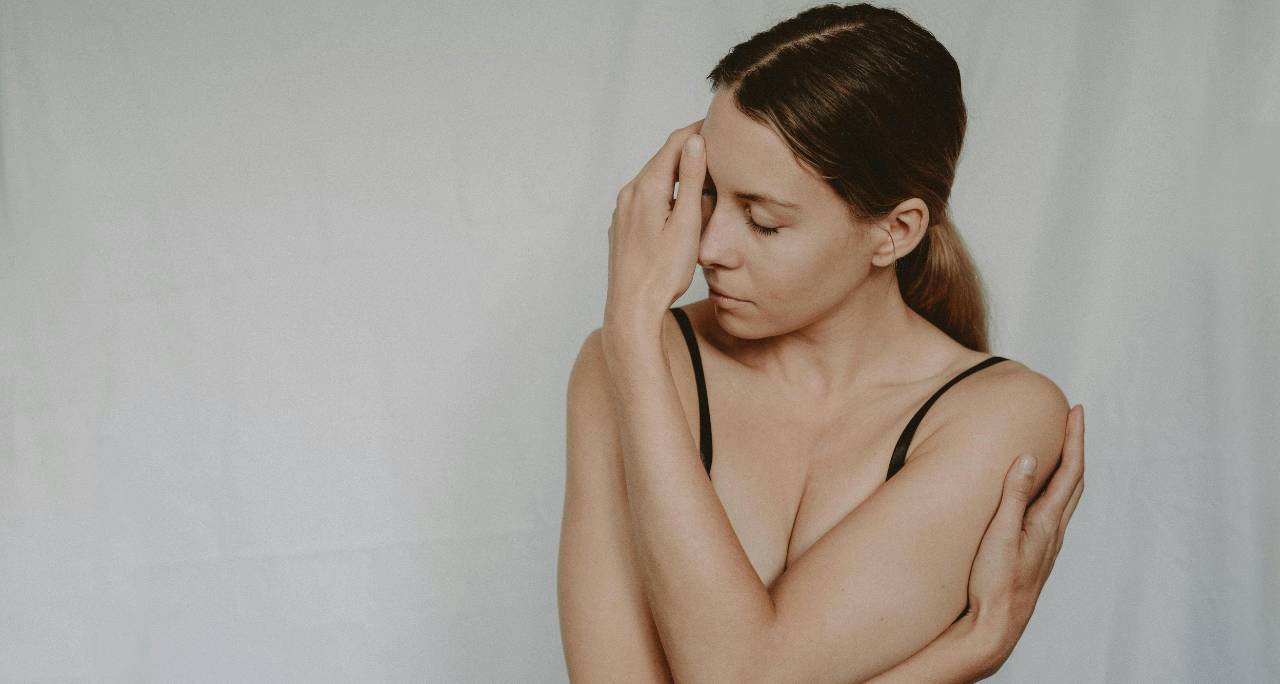
Stress and skin: understanding the effects and restoring skin balance
Redness, spots, tightness, dull complexion... when stress sets in, the skin is often the first to show it. This link between emotions and skin health isn't just an impression: stress directly affe...
Read more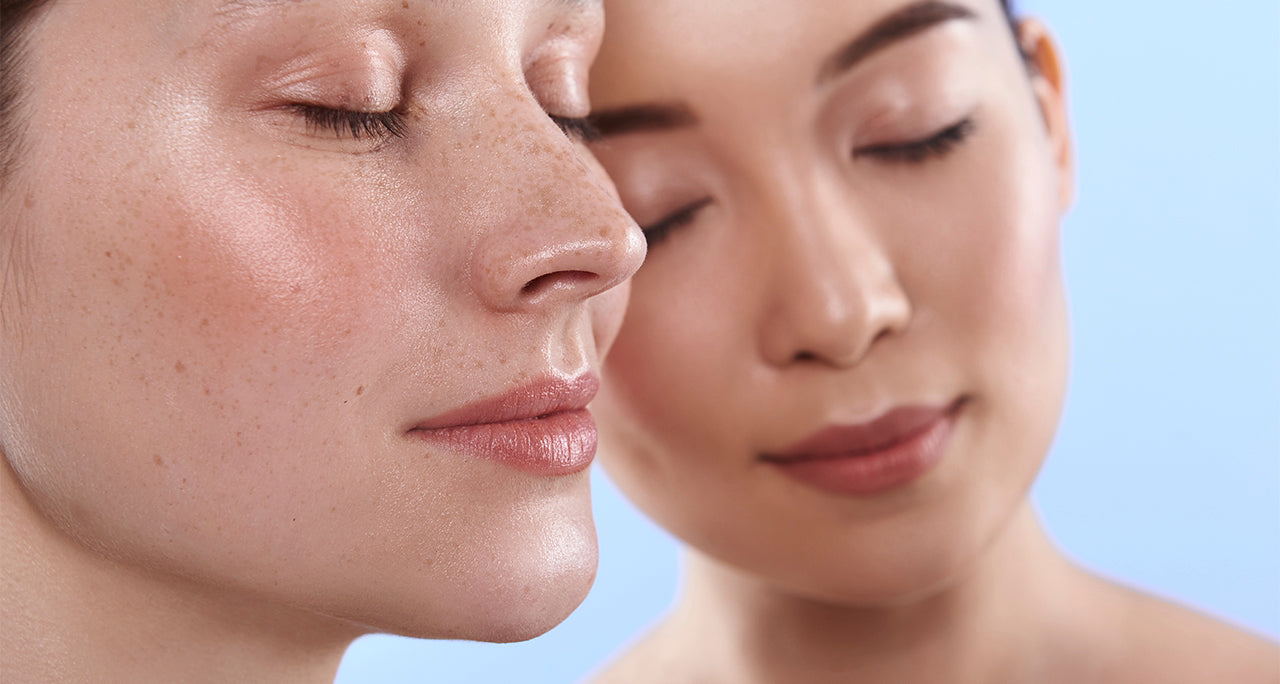
How to recognize sensitive skin and take care of it?
Recognizing sensitive skin: what are the signs? Sensitive skin is characterized by excessive reactivity. Unlike normal skin, it reacts intensely to environmental or cosmetic factors. Here are th...
Read more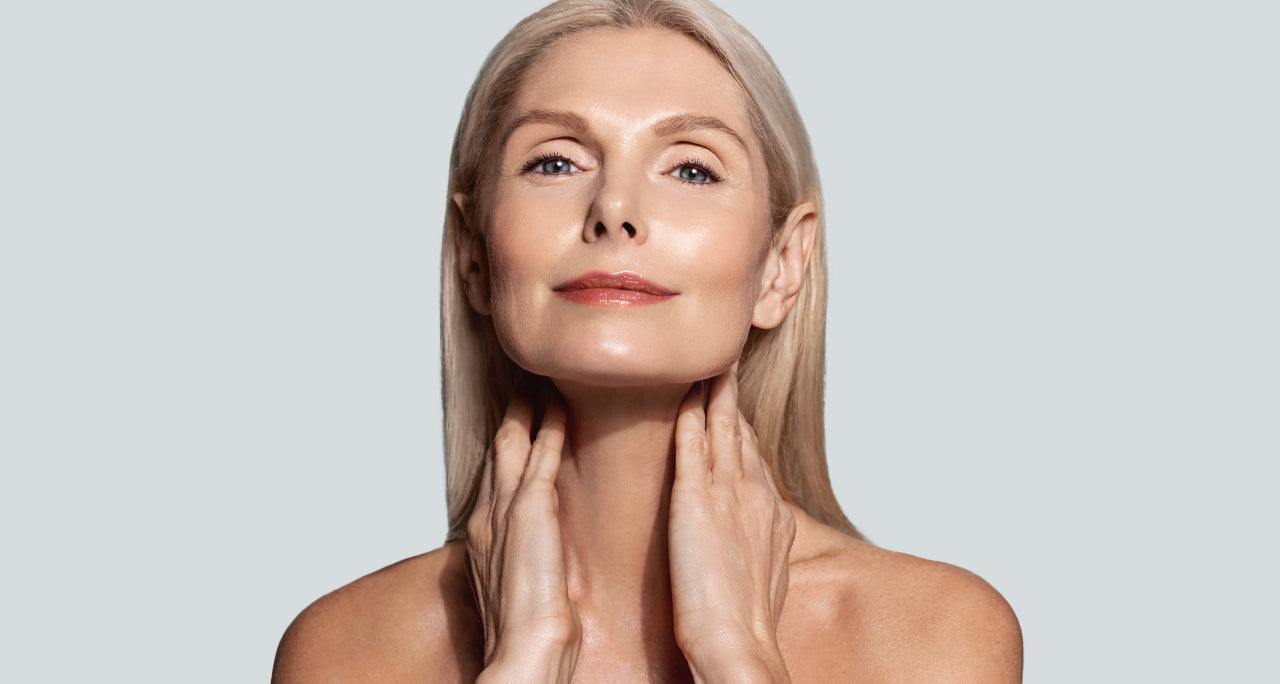
What are the effects of menopause on the skin?
How does menopause affect the skin? Menopause is a period of natural decline in reproductive hormones, particularly estrogen and progesterone. These hormones play a crucial role in maintaining t...
Read more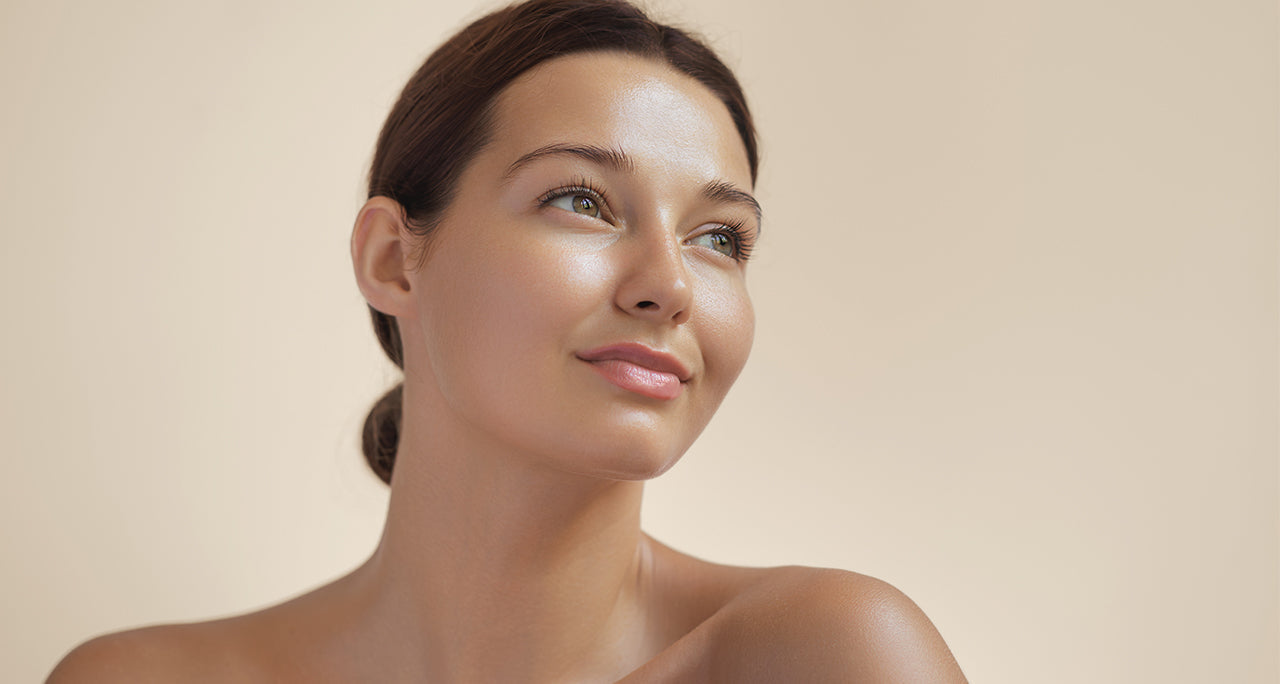
Melanogenesis and its role in the appearance of pigment spots
The mechanism of melanogenesis The cells responsible for melanin production, melanocytes, are located in the basal layer of the epidermis. Melanogenesis is primarily triggered by the sun's UV ra...
Read more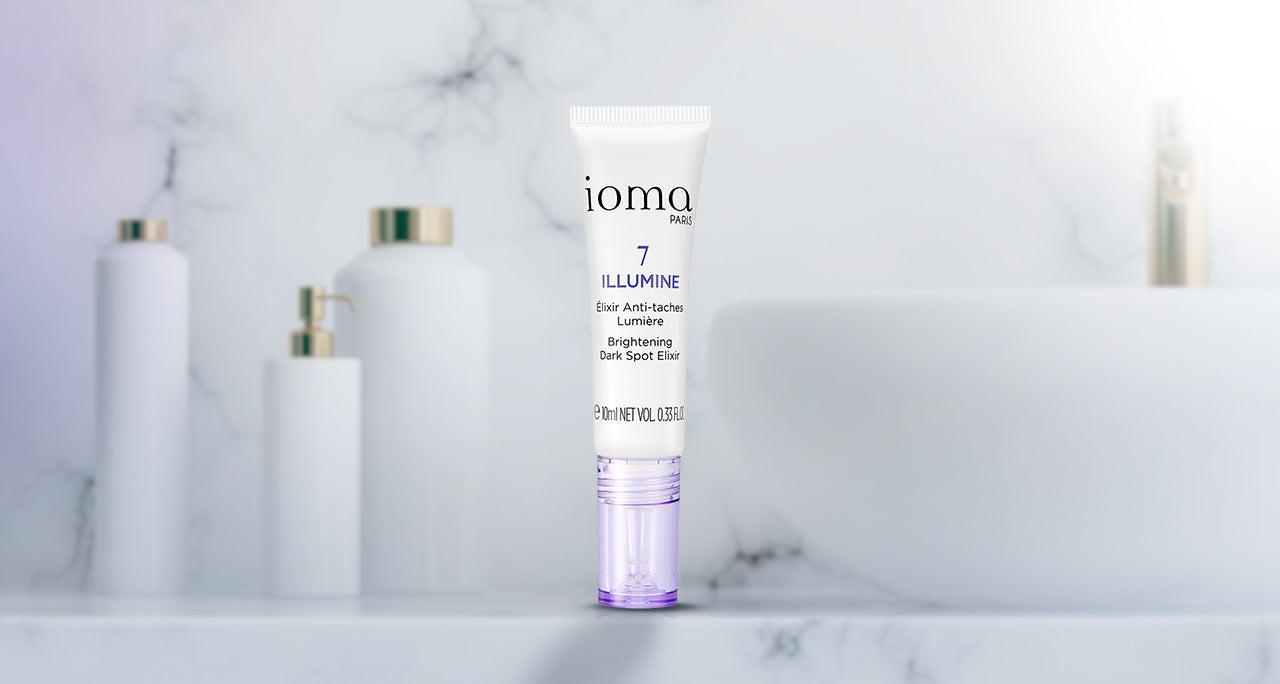
Pigment spots: how to reduce them?
How do brown spots appear? Dark spots are imperfections, characterized by dark areas that appear where the skin is most sensitive (face, décolleté, tops of the hands, etc.) in isolation or in pa...
Read more
